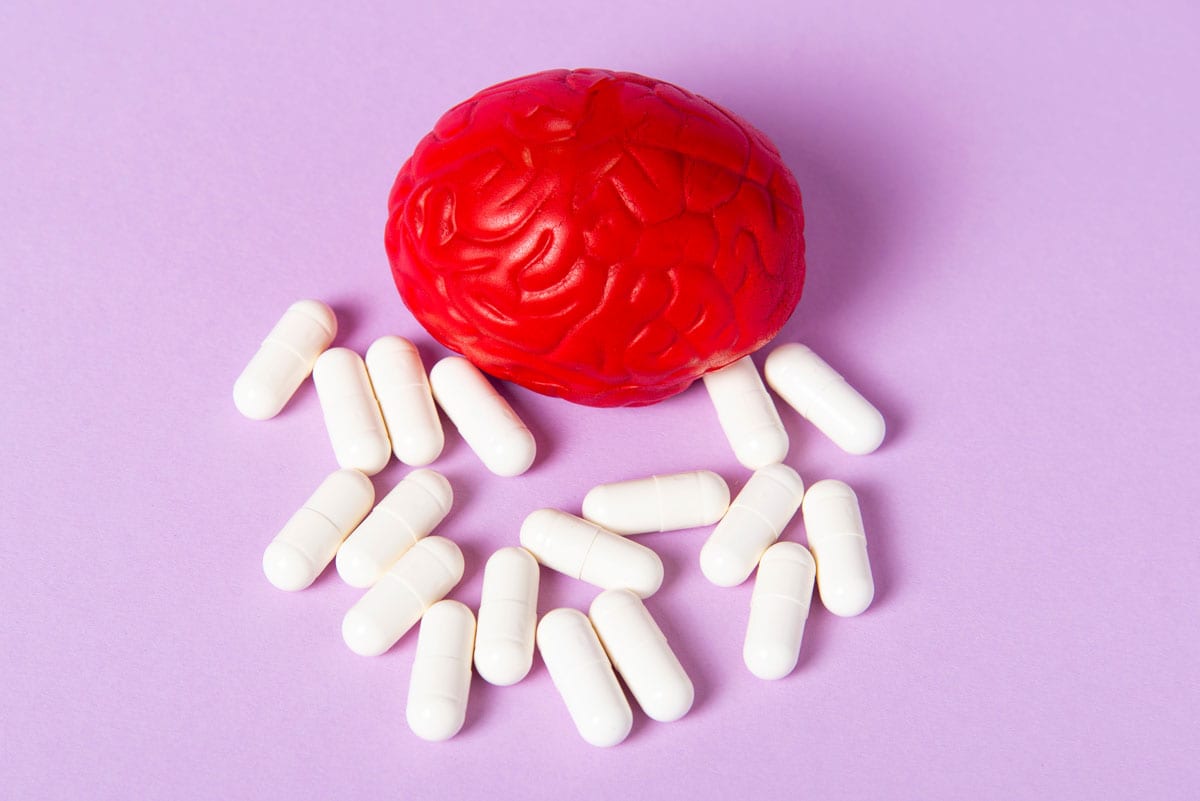
Everyone has seen the movie Limitless, starring Bradley Cooper. A struggling author takes a magic pill given to him by an acquaintance and wakes up the next day with enough focus and creativity to write a whole book in one day. Boom! Suddenly, he has the concentration of a monk and the creativity of Picasso, all thanks to one pill. Great story, right? Well what if there was some sort of pill like this in reality?
The term nootropics was coined by Dr. Corneliu E. Giurgea to encompass any medication or chemical that alters the brain to improve focus and concentration. He even went as far as to set five requirements for a drug to be classified as a nootropic, which are:
- Enhance memory and ability to learn.
- Help the brain function under disruptive conditions.
- Protect the brain from chemical and physical assaults.
- Increase the efficacy of neuronal firing control mechanisms.
- Possess few or no side effects and be virtually non-toxic.
As you can imagine, most supplements billed as nootropics do not meet all of these requirements, but people still label them as such. Some examples are medications used to treat ADHD, like Adderall and Ritalin.
Do they work?
So, the big question is, “Do nootropics work?” Well, it really depends on each individual and what medication you take exactly. There is still a lot of contradictory research on nootropics. Time even goes on to say, “To date, there is no safe drug that may increase cognition in healthy adults.” Many studies have shown that nootropics have no effect on cognitive functions at all.
On the other hand, drugs meant to treat ADHD have been widely used by college students to enhance focus and concentration. Since these medications can be labelled as nootropics, then we can assume that some nootropics do work.
Can it boost your studying?
Again, this depends largely on the person considering it. They would want to ask themselves how badly do they need help concentrating? What is at risk if they are not able to study properly or learn something correctly? Might the person have ADHD of some degree? These questions will help guide the person to the correct decision. Some people may have cognitive issues and be completely unaware. It is recommended that you see a doctor first, so that they may prescribe something before you try something like nootropics.
In conclusion
While there is still a lot of research to be done concerning nootropics, some of the medications have helped people in the past. Since everyone’s circumstances vary greatly, it’s worth it to see your doctor and talk to him about your problem with concentration or focus. You might even be prescribed a nootropic.
See also: Period Pain Linked to Nine Days of Lost Productivity for Women in a Year
How Do You Get Brighter, Whiter Teeth?
Market Yourself on Social Media















